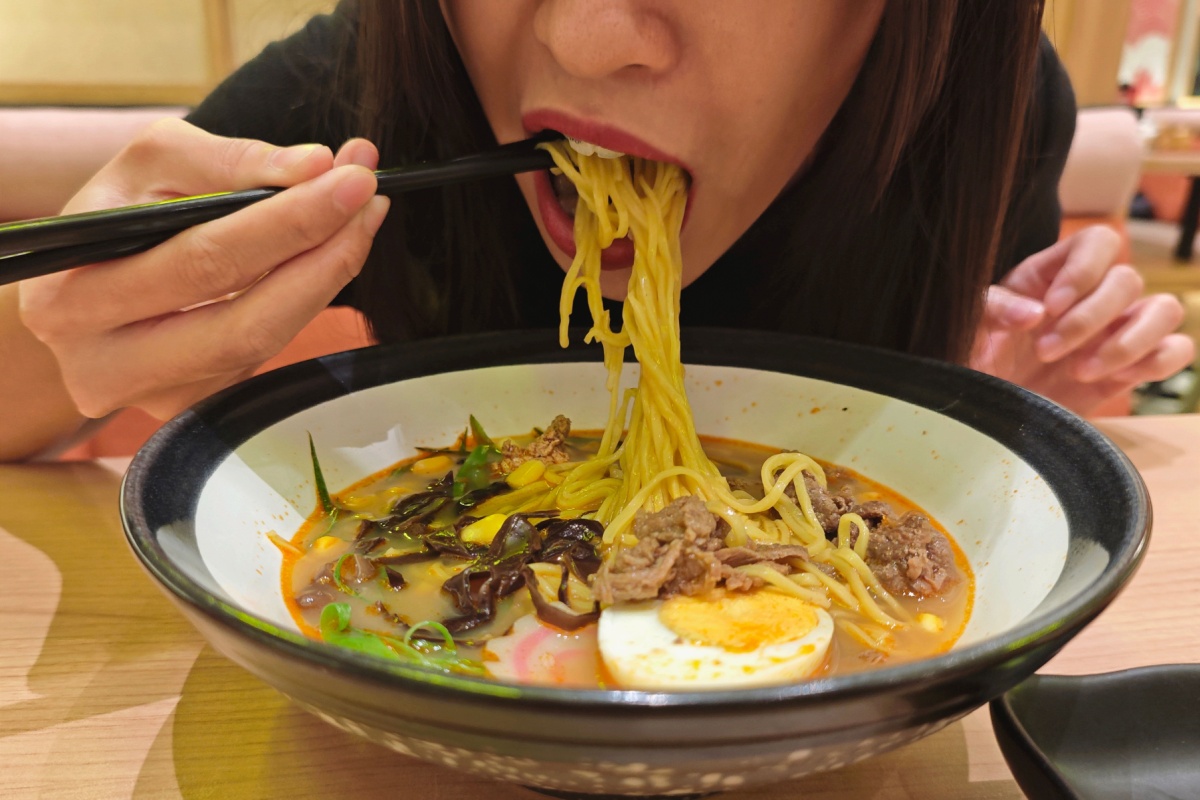Global Eating Etiquette: 15 Things You Should Know Before Traveling
Eating is something we all enjoy, but how we eat can vary greatly depending on where we live in the world. Each country has unique dining customs, some of which may seem strange or surprising to those unfamiliar. The rules of etiquette can be quite different across cultures, from the use of chopsticks to unexpected food combinations. Understanding these customs is respectful and adds an exciting layer to traveling.
Slurping Noodles in Japan is Polite
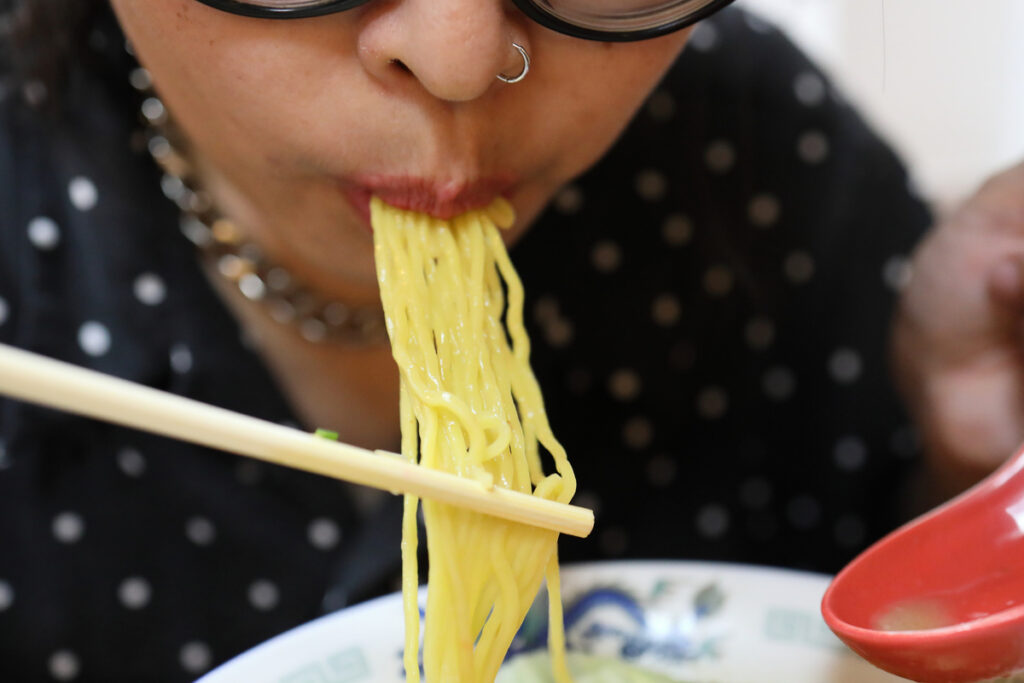
In Japan, slurping your noodles loudly is considered polite, especially when eating ramen or soba. This might seem odd to visitors from cultures where quiet eating is expected, but slurping is a way to show that you’re enjoying your meal.
It also helps cool the noodles and enhances the flavor by bringing out the broth’s aroma. So, don’t hold back—slurp away! On the other hand, not slurping may make the chef think you don’t like the food. It’s all about appreciation and savoring the meal.
Never Finish Your Plate in China
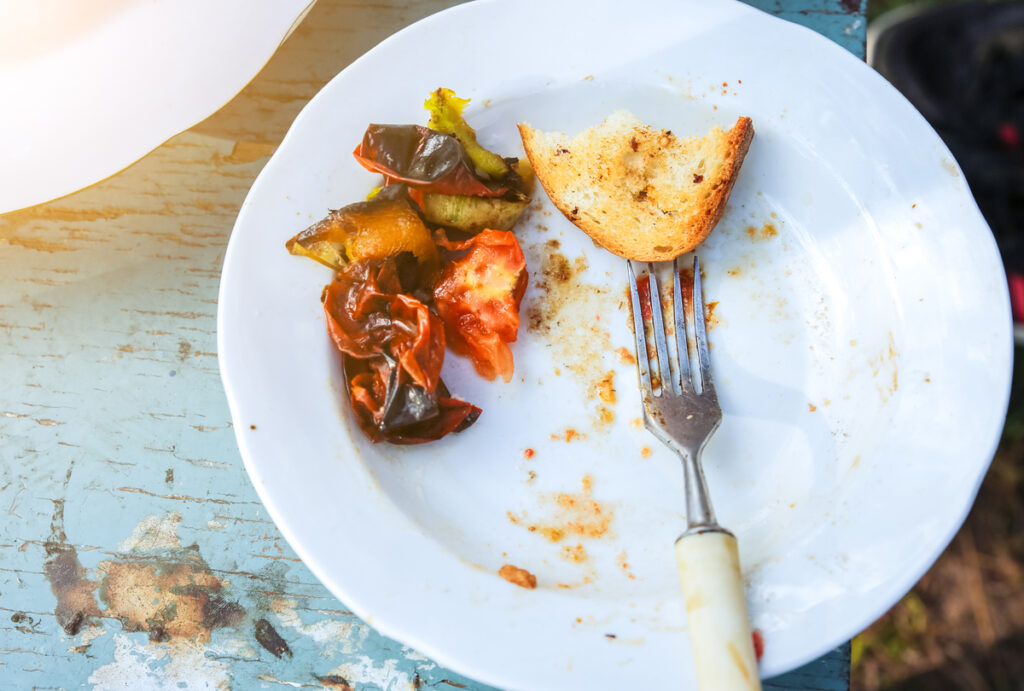
Leaving food on your plate in China is a sign that you’ve had enough and that the host has provided more than enough food. Finishing everything might imply that you’re still hungry and the host hasn’t given you enough to eat.
This is the opposite of many Western customs, where finishing your plate is seen as polite. It’s important to leave just a little bit of food to show respect for your host’s generosity.
Overeating to clear the plate could be considered rude. So, to be polite, make sure to leave a small portion behind.
Use Your Hands in India
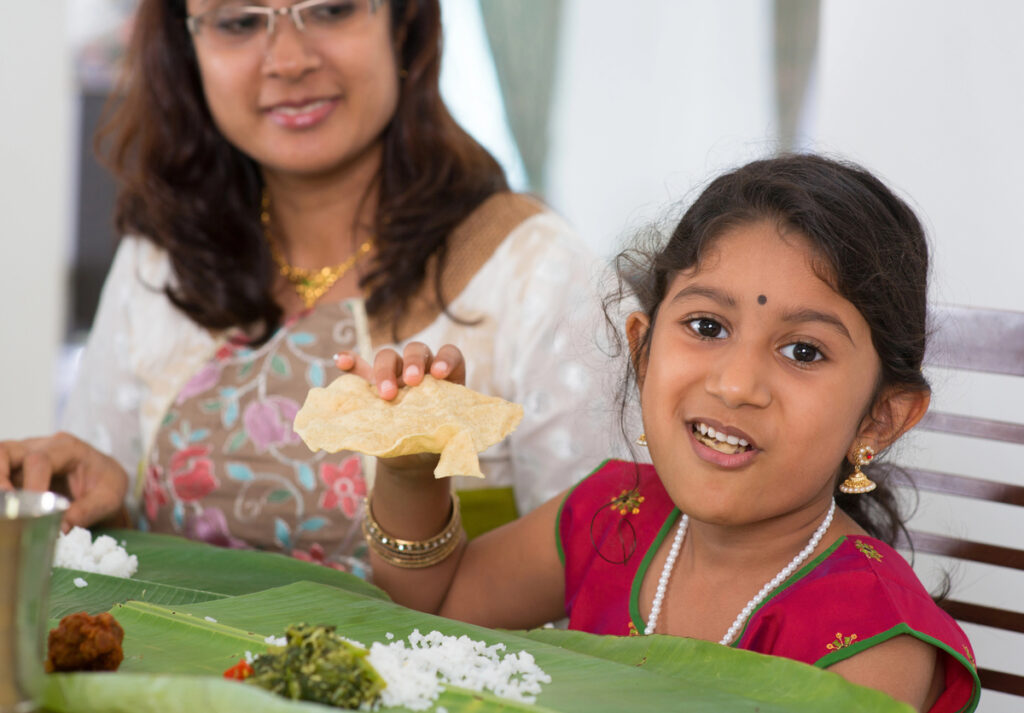
Eating with your hands is common in India, especially when enjoying traditional dishes like curry and rice. But it’s not just about grabbing food—there’s a proper way. Only the right hand should be used for eating, as the left hand is considered unclean.
This custom is deeply rooted in Indian culture, and many believe it enhances the eating experience. Touching the food with your hands helps you connect with the meal in a way that utensils can’t. Make sure to wash your hands thoroughly before and after the meal.
Bread is a Tool in Ethiopia

In Ethiopia, meals are typically served on large communal platters, and instead of utensils, they use a flatbread called injera. Injera is food and a tool to scoop up stews, lentils, and vegetables.
The bread acts as both a plate and a utensil, making the meal a hands-on experience. Sharing food from the same plate is also a sign of bonding and togetherness.
However, you should never tear or scoop food with your left hand. Eating with bread brings people closer as they share both the food and the experience.
Don’t Salt Your Food in Egypt

If dining in Egypt, think twice before reaching for the salt shaker. Adding extra salt to your food is seen as an insult to the chef, implying that the dish is poorly seasoned. This can be a sign of disrespect and may hurt your host’s feelings.
It’s best to taste the food first and appreciate the flavors as they were intended. Egyptians take great pride in their cooking, so it’s important to show gratitude for the meal as it is. Avoid any extra seasoning to respect the chef’s skills.
Silence is Golden in Finland

While some cultures encourage lively conversation during meals, Finland is the opposite. Meals in Finland are often quiet affairs, where eating is the primary focus. Talking too much during a meal can be distracting or disrespectful.
Silence is a way to show appreciation for the food and respect for the dining experience. It’s common for people to sit together in comfortable silence while enjoying their meals. So, if you find yourself dining in Finland, don’t feel pressured to fill the silence with small talk.
Burping After a Meal is Expected in the Middle East

In many Middle Eastern countries, burping after a meal is not only acceptable but also encouraged. It’s a way of showing that you’ve enjoyed the food and are satisfied. While this might be considered rude in other parts of the world, here, it’s a compliment to the chef.
Guests are often expected to relax and enjoy themselves, so don’t worry too much about strict table manners. Just remember that showing your appreciation in this way is part of the culture. When in doubt, follow your host’s lead on how to express satisfaction after a meal.
Don’t Ask for More Cheese in Italy

Italians are passionate about their food, and there are strict rules about how dishes should be eaten. One of the golden rules is not to ask for extra cheese unless it’s explicitly offered. Italians believe that every dish has been carefully prepared with the perfect balance of flavors.
Adding more cheese, especially to pasta or pizza, can be seen as altering the chef’s creation. Parmesan, in particular, is not to be added to seafood dishes. Respect the chef’s expertise by trusting the dish as it’s served.
Forks and Knives are Optional in Thailand

In Thailand, traditional dishes are often eaten with a spoon and fork, but not in the way you might expect. The fork pushes food onto the spoon, which is then used to eat. Knives are rarely necessary, as most Thai dishes are prepared in bite-sized pieces.
While chopsticks are commonly used for noodle dishes, they are not typically used for rice-based meals. Following this custom shows that you respect the local dining traditions. Remember, the spoon is your main eating utensil!
Don’t Split the Bill in France

In France, dining is considered a social experience, and splitting the bill at the end of a meal is often seen as inappropriate. The French prefer to take turns paying for meals rather than dividing the cost. It’s a way of showing generosity and strengthening friendships.
If you’re invited to dinner, don’t be surprised if someone insists on covering the bill. In return, you can offer to pay the next time. This custom reflects the importance of hospitality and shared experiences in French culture.
No Tipping in Japan

Tipping is considered unnecessary and even rude in Japan. Good service is seen as a standard, and workers take pride in doing their jobs well without expecting extra compensation. If you leave a tip, it might be returned or refused, as it can be seen as an insult. The focus is on providing equal and excellent service to everyone, without any need for additional rewards. It’s best to simply say “thank you” and enjoy the service without worrying about tips. This custom emphasizes respect and equality in customer service.
Share Your Food in Korea

In Korea, meals are often shared, with many dishes placed in the center of the table for everyone to enjoy. Using chopsticks or a spoon to take portions from the shared plates is common, and everyone eats together. Individual portions are less common, and the act of sharing food helps bring people closer. Pouring drinks for others at the table is also polite rather than filling your glass. This focus on sharing and togetherness is central to Korean dining culture. Remember to wait until the eldest person starts eating before you begin.
Don’t Switch Hands in Chile

In Chile, switching your fork and knife between your hands is considered bad manners while eating. The proper way is to hold the fork in your left hand and the knife in your right hand throughout the meal. Switching utensils is seen as unnecessary and improper. This custom is part of Chilean dining etiquette, where table manners are taken seriously. Additionally, it’s polite to keep both hands above the table while eating rather than resting them on your lap. Following these rules shows respect for local customs.
Toothpicks Are Used Discreetly in Turkey

In Turkey, using a toothpick after a meal is perfectly acceptable, but there’s a catch—it must be done discreetly. Covering your mouth with one hand while using the toothpick is important so others can’t see. Leaving food in your teeth is considered bad manners, but removing it in public should be done as politely as possible. This custom is all about maintaining dignity and respect at the table. Don’t be afraid to use a toothpick, but make sure to follow this important rule of etiquette.
Punctuality Matters in Germany
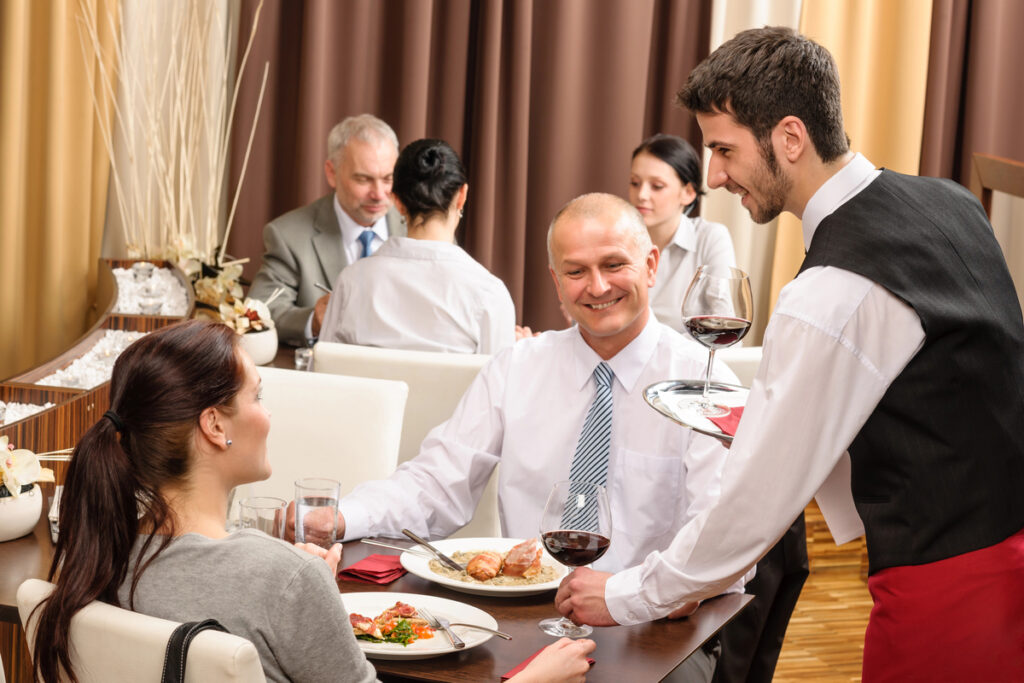
Being on time for meals in Germany is not just polite—it’s expected. Germans take punctuality very seriously, and being late to dinner or any meal is considered disrespectful. If you’re invited to someone’s home for dinner, arriving right on time or even a few minutes early is best. Being late may give the impression that you don’t value your host’s time or effort. This emphasis on punctuality reflects the German focus on order and efficiency. So, if you’re dining in Germany, be prompt!
15 Grocery Items to Stock Up On Before Winter Price Hikes

As winter draws near, temperatures rise, as do grocery prices. The colder months often bring higher food costs due to increased demand, supply chain challenges, and seasonal shortages. To avoid the shock of winter price hikes, stock up on certain pantry staples and essential items.
15 Grocery Items to Stock Up On Before Winter Price Hikes
15 Things That Have Become So Expensive People Are Giving Them Up

With the cost of living steadily increasing, people are being forced to rethink how they spend their money. Many everyday items, services, and activities have become too expensive to justify.
15 Things That Have Become So Expensive People Are Giving Them Up

